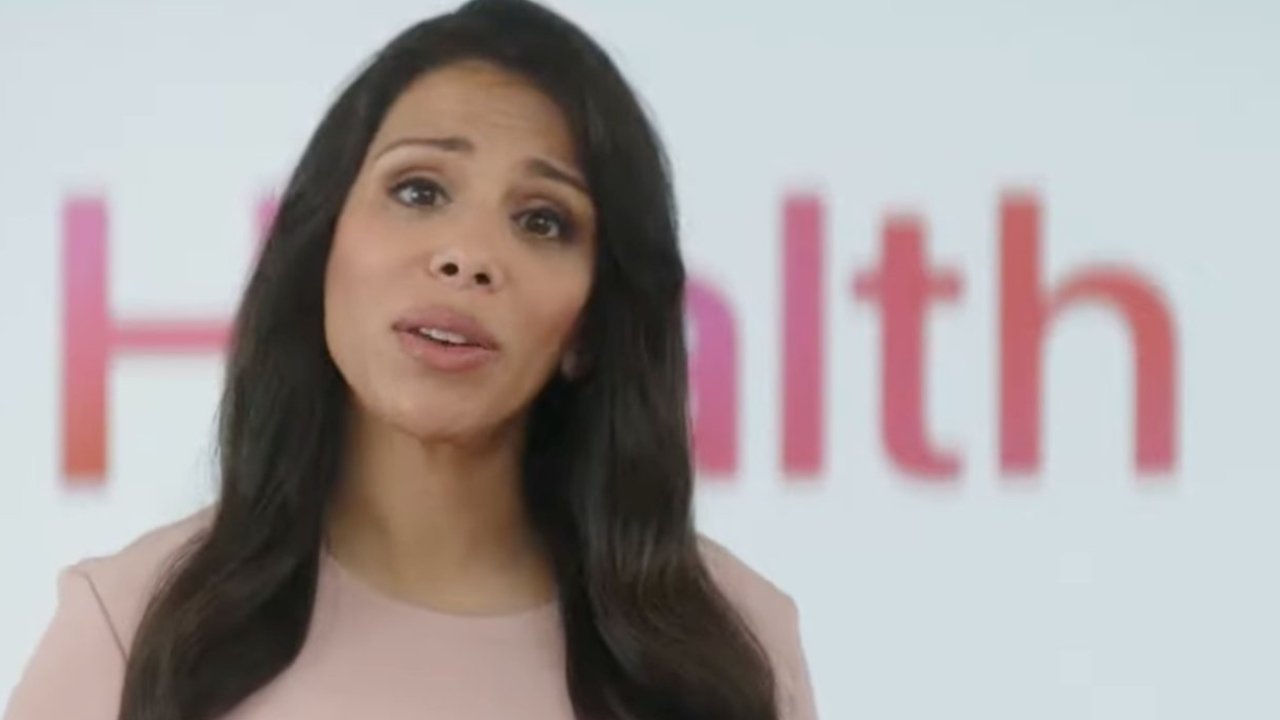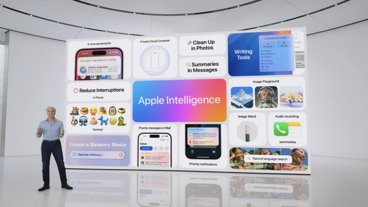Apple's vice president of health, Dr. Sumbul Desai, spoke at Web Summit 2022, discussing Apple's bold vision for healthcare.
The presentation focused on how Apple utilizes the Apple Watch, iPhone, and iOS to "democratize healthcare."
She acknowledged that the company is still in the early stages of what is possible but is optimistic about the future and technology's role in patient healthcare.
Specifically, the company wants to give users tools to monitor their health from home, alerting them to risky situations such as atrial fibrillation or low blood oxygen levels.
"The challenge with modern medicine is that the treatments only work on the patients who seek them out," she said in her Web Summit speech. "And, as a result, outcomes depend not only on treatment, but on timing."
She notes that doctors often do not control when a patient comes to see them. For many patients, that may only be after they've begun to experience physical symptoms. Detecting severe medical conditions before patients are symptomatic means doctors can intervene quickly, resulting in saved lives.
"What if you had in your hands, or on your wrist, the data, the warning, the red flag, that told you to see a doctor before you knew anything was wrong," she said.
She discussed how the Apple Watch has encouraged users to take control of their health proactively, too. She argued that users live healthier lives because the Apple Watch helps them achieve fitness goals, track cycles, and remind them to stop and breathe.
Apple's engineers work with healthcare organizations and medical institutions to improve Apple devices' health features.
Dr. Desai also discussed how third-party developers can use the hardware and features of the Apple Watch and iPhone to create innovative apps for specific conditions.
NightWare, for example, can use the heart rate, accelerometer, and gyroscope of the Apple Watch to detect nightmares. Then, using vibration, NightWare can help disrupt a nightmare, allowing the wearer to wake up sooner.
"Together, what we're building is a holistic health system," she said. "One that provides constant monitoring and deeper insights, and with them, peace of mind."
 Amber Neely
Amber Neely







-m.jpg)






 William Gallagher
William Gallagher
 Wesley Hilliard
Wesley Hilliard

 Christine McKee
Christine McKee
 Malcolm Owen
Malcolm Owen

 Andrew Orr
Andrew Orr





-m.jpg)




5 Comments
I don’t think “democratise” means better or cheaper access to services. It smells more like an example of the benefits of a capitalist system to me, which while fairest in a democracy, does not need democracy. I guess Humpty Dumpty would be proud of such an example of highly flexible meanings for words.
That said, there are very few companies that have been so instrumental in reducing the cost of medical technology as much as Apple.
the introduction of the iPad cost a fair bit less than AUD$1000 and the software only a couple of hundred for best in class and thus almost entirely eliminating the cost barrier to entry, it was heaps lighter and the battery would last all day. And the touch tile interface worked well.
Of course, ten years later it is all taken for granted. But would it have happened without Apple?
Other medical aid areas ripe for Apple disruption:
hearing aids
diabetes
vision
AR
I'd add to that list CPAP machines - sleep apnoea is a growing issue and the current hardware solutions aren't anywhere near Apple's level of quality.
Like Entropys, I don’t think the word “democratize” is the right word to describe making self-directed healthcare more accessible to all. Unfortunately, I can’t come up with a single word synonym for “make more accessible.” Of course we all have to put on our affordability filtering glasses because a big part of accessibility for a lot of people is affordability and a lot of these products are still out of reach for a lot of people who would benefit from them. Sure, it’s all relative, but hopefully the products will become more affordable, as is often the case with technology driven innovation.
Accessible will do.